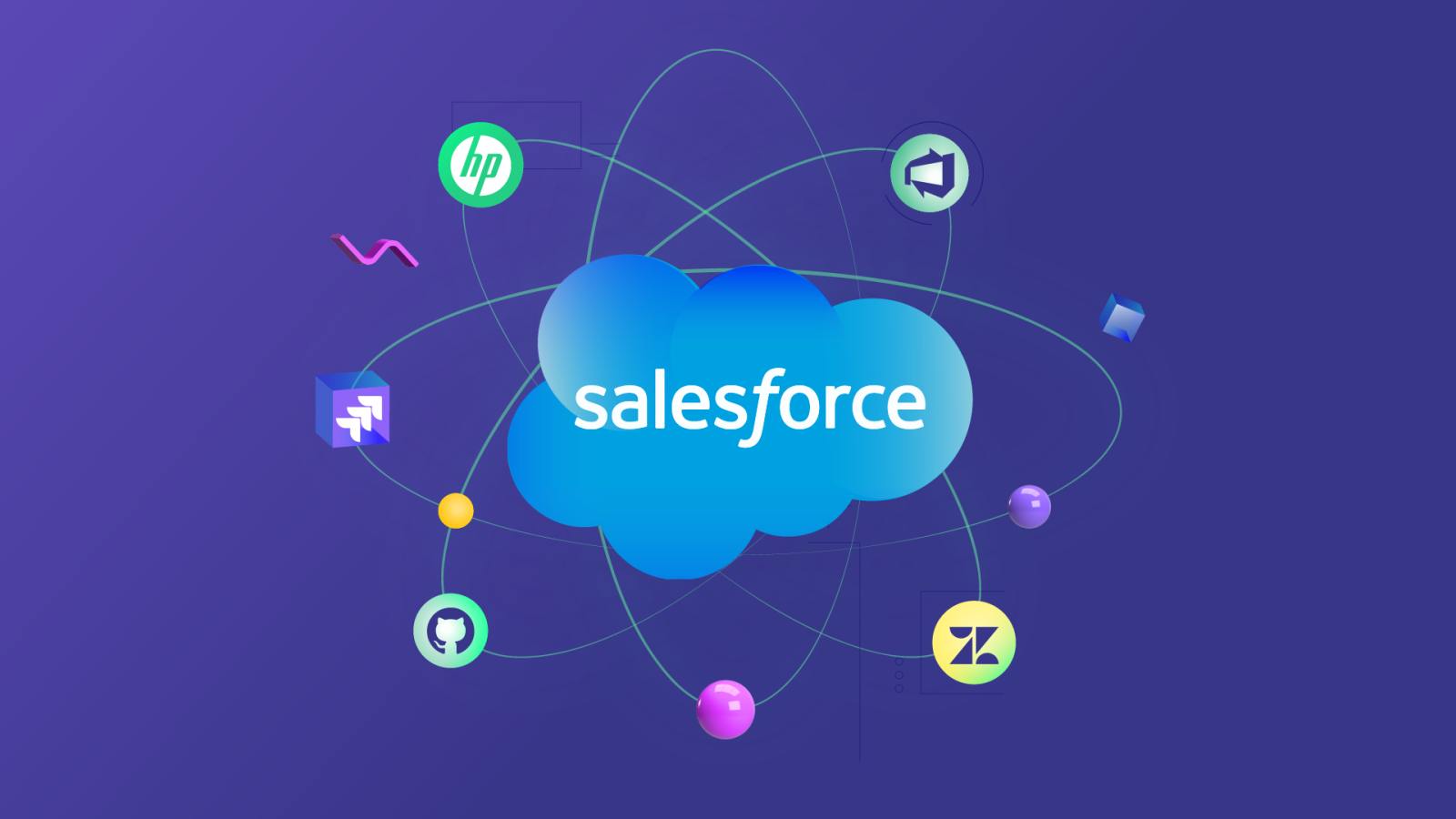Notifications

4 minutes, 21 seconds
-9 Views 0 Comments 0 Likes 0 Reviews

In the fast-paced world of retail, delivering seamless, personalized shopping experiences is no longer optional—it’s expected. Today’s consumers shop across multiple channels and devices, demanding speed, convenience, and consistency. That’s why leading retail brands turn to Salesforce Commerce Cloud for scalable, omnichannel eCommerce solutions.
If you’re planning a Salesforce Commerce Cloud implementation, this guide walks you through key steps, challenges, and best practices tailored for the retail industry.
Salesforce Commerce Cloud (formerly Demandware) is a cloud-first eCommerce platform built to power personalized, AI-driven retail experiences across web, mobile, social, and in-store channels. Unlike traditional eCommerce systems, it offers:
Scalability and speed-to-market
AI-powered personalization with Salesforce Einstein
Seamless integration with marketing, service, and CRM
Global commerce capabilities (multi-language, multi-currency)
Centralized merchandising and promotions
Start by identifying what you want to achieve—higher conversion rates, improved customer retention, mobile-first design, or faster time to market. These objectives will shape how you configure Commerce Cloud and choose supporting tools.
Your team should include stakeholders from IT, digital marketing, merchandising, operations, and customer service. Consider working with a Salesforce Commerce Cloud implementation partner experienced in retail to help manage complexity and customization.
One of the greatest strengths of Commerce Cloud is omnichannel capability. Design a unified shopping experience across web, mobile apps, physical stores, and third-party marketplaces. Use shared customer profiles and shopping carts to make the experience seamless.
Use Commerce Cloud’s features like Page Designer, Einstein Product Recommendations, and Dynamic Pricing to create personalized journeys. Segment shoppers based on behavior and tailor promotions, content, and product listings accordingly.
Commerce Cloud works best when integrated with other Salesforce products:
Marketing Cloud: For email and SMS campaigns
Service Cloud: For post-purchase support
CRM (Sales Cloud): For customer profiles and loyalty data
This integration gives you a 360° view of your customer and ensures consistent communication at every touchpoint.
Retail customers expect fast-loading, mobile-friendly storefronts. Leverage Progressive Web App (PWA) kits, optimize media files, and streamline navigation for mobile-first experiences.
Run end-to-end testing across devices, locations, and scenarios. Make sure to validate payments, shipping, tax configurations, and checkout flows. In retail, even a minor glitch can cost sales and reputation.
After launch, track KPIs like conversion rate, average order value, cart abandonment, and customer satisfaction. Use Salesforce Commerce Cloud’s built-in analytics and dashboards to optimize performance and campaigns.
Implementing Salesforce Commerce Cloud for retail isn’t just about building a website—it’s about transforming the entire shopping experience. With real-time personalization, omnichannel capabilities, and deep integration across the Salesforce ecosystem, retailers can exceed customer expectations and drive growth.
Whether you’re launching your first digital storefront or replatforming for scalability, Salesforce Commerce Cloud offers the agility and intelligence retail businesses need to thrive in a competitive landscape.
salesforce Salesforce Consulting Partner salesforce implementation services Salesforce Implementation Partner Salesforce Cloud

